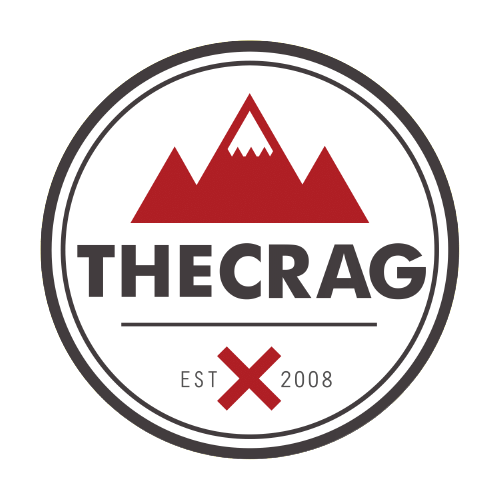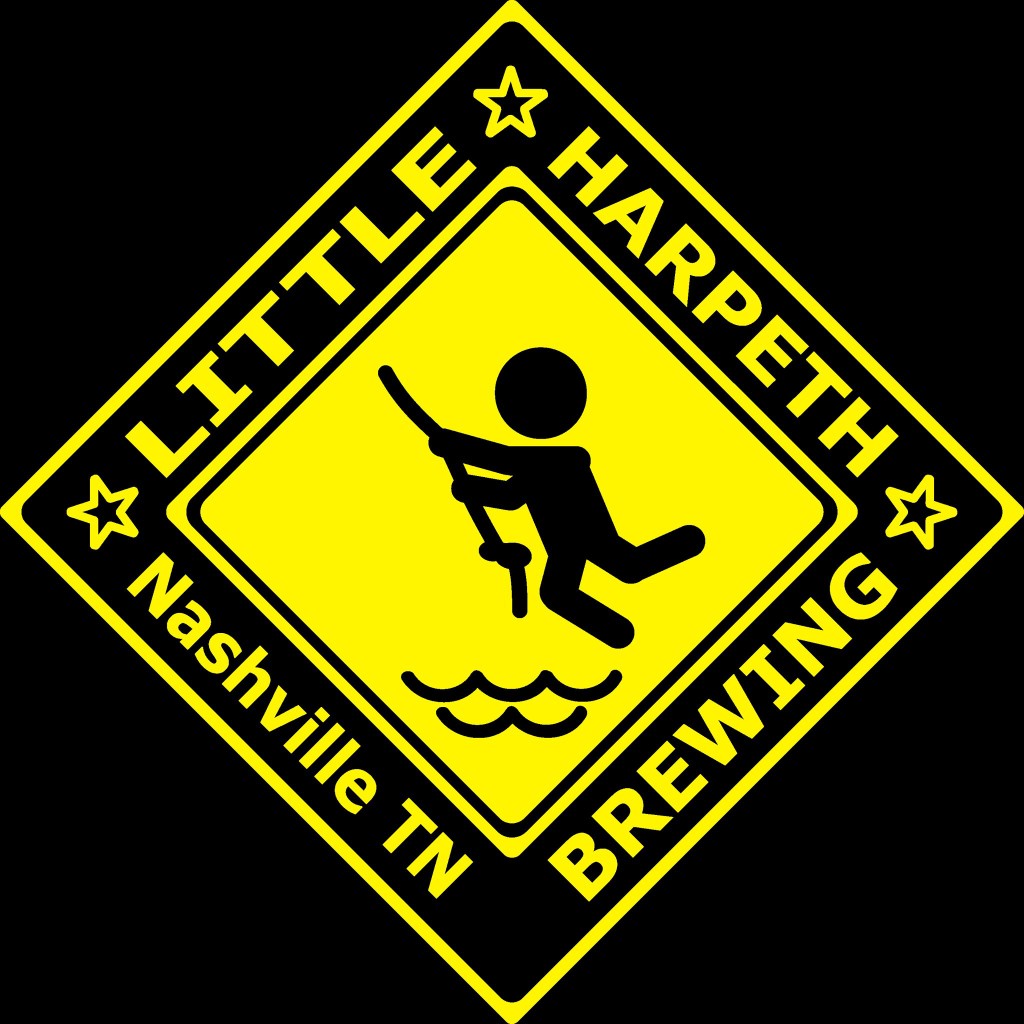Our friends and fellow beer sponsor Little Harpeth Brewing have been growing quite rapidly in the past few years. They continue to put out great tasting beer and push initiatives to be environmentally friendly throughout their brewing process all the way to distribution. Read below to find out about how they help our environment and preserve the taste of great beers!
![]()
Sustainability is not a destination. It is a journey and way of life. At Little Harpeth we are constantly looking for new ways to minimize our carbon footprint. We began from the first day and it will continue to be our agenda to take care of the environment and our community.
![]() As soon as we moved into 30 Oldham Street, we immediately began to reuse and recycle. 80% of the materials involved in the construction of our brewery came from construction demolition materials and were used to build our offices and boiler room. Everything in our brewery from our walk-in cooler to our grain mill (except our metal brewing equipment) is reused. Even 80% of our electrical materials were donated scrap from Enterprise Electric. Our office cabinetry and countertops where purchased through Habitat Restore and our tables and furniture are metro government surplus purchased through Nashville E-bid. We use rechargeable batteries and recycle 100% of our office papers and paper towels.
As soon as we moved into 30 Oldham Street, we immediately began to reuse and recycle. 80% of the materials involved in the construction of our brewery came from construction demolition materials and were used to build our offices and boiler room. Everything in our brewery from our walk-in cooler to our grain mill (except our metal brewing equipment) is reused. Even 80% of our electrical materials were donated scrap from Enterprise Electric. Our office cabinetry and countertops where purchased through Habitat Restore and our tables and furniture are metro government surplus purchased through Nashville E-bid. We use rechargeable batteries and recycle 100% of our office papers and paper towels.
![]()
When it comes to brewing we are constantly looking for ways to bring you the best beer under the best conditions. Steve Scoville, head brewer, majored in Professional Forest Management at Sewanee and as a general contractor has helped build hospitals across the US. He is self taught in chemistry, physics and engineering and has done extensive research into the environmentally conscious European boiling and brewing practices.
Our brewing equipment is run at a higher voltage to lower electrical consumption. 80% of our base malt is produced by Rahr Malting who produces malt without the use of fossil fuels. We have a high efficiency steam boiler that consumes 40% of the typical amount of energy used by other breweries; This is possible because of a unique 15 minute boil used in comparison to the traditional 60 minute boil. We harvest the heat off our boiled wort to heat the water for our next day of brewing and there is no water waste in the wort chilling process. At the end of the brewing process our beer self-carbonates therefore eliminating the need to purchase CO2 that must be delivered and cleaned thus consuming resources.

Beyond the brewing process we look for ways to encourage and contribute to sustainable practices. Our spent grain which maintains residual nutrients and energy is eaten by hogs owned by local hog farmers Bar Y Pork Producers. Our grain bags are reused by our corn supplier, Tim Miller of Old Spencer Mill, and by local organic farmer Mike Baudinot for weed control. Any grain bags that cannot be reused are recycled along with clear plastic films by Rock Tenn. We have a 90% return rate on plastic keg caps, thanks to the participation of our customers, which enables us to clean and reuse them. Otherwise, our self-distributed kegs have 0% solid waste and are secured on pallets by reusable ratchet straps. Our keg pallets come reused from Ajax Turner who recycle any pallets damaged during our deliveries. Last, we use as much glassware as possible within the brewery during beer development and tasting because it can be cleaned and reused. In the case that we use plastic cups like with many of our backyard concerts and events we use recyclable cups made of corn starch.
![]()
In the near future we are aiming to can our beer for distribution. Why canning vs. bottling? Canning has a lower carbon footprint because it is lighter to transport. Also, the price of recycling aluminum is cheaper than glass because it saves energy and therefore lessons the financial burden on local tax payers.
Ross Welbon, one of our part-time keg deliverymen, manages 4 apiaries in Davidson County, one of which is located at Steve Scoville’s home. By giving local bees a place to live and thrive we are encouraging pollination of natural flora around the county and collecting a unique variety of local honeys. How does honey come into the picture? Honey can be added to the brewing process to create natural carbonation further preventing the need to purchase CO2 that must be shipped to Middle Tennessee.
We are currently pursuing an initiative with TEMA to hand over grain bags to be filled with sand to combat future flooding in Middle Tennessee, another win for the environment and local tax payers.
Last, we are developing our brewery to further lessen its carbon footprint. This involves transitioning from traditional incandescent light bulbs to LED light as well as installing a system to minimize the use of excess water for the sanitation of brewing equipment. And although we neutralize all basic and acidic byproducts before disposing of them we are seeking to replace them entirely with biodegradable alternatives.
Please continue to be a part of our growth, thank you for your interest in LHB, one love & Cheers!

